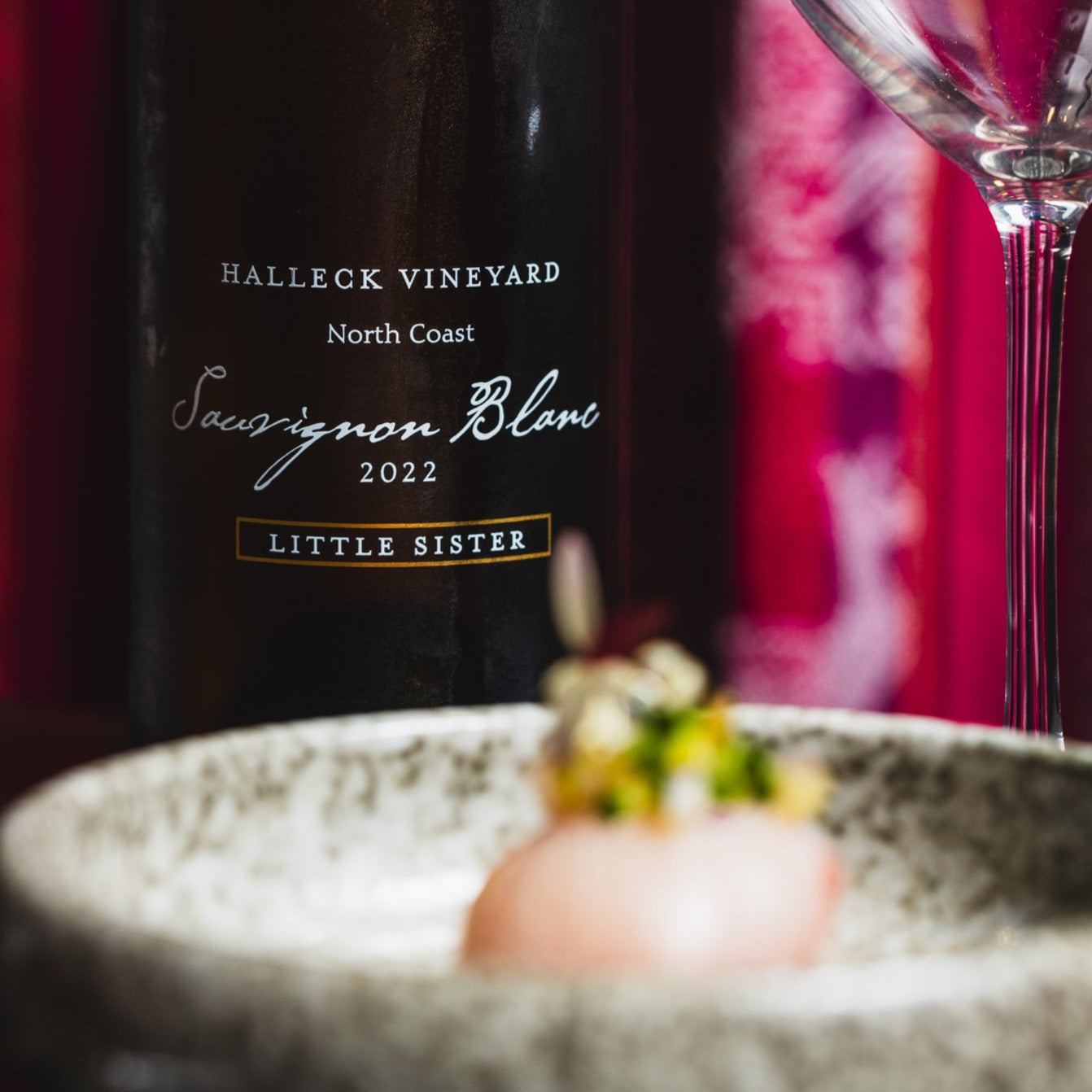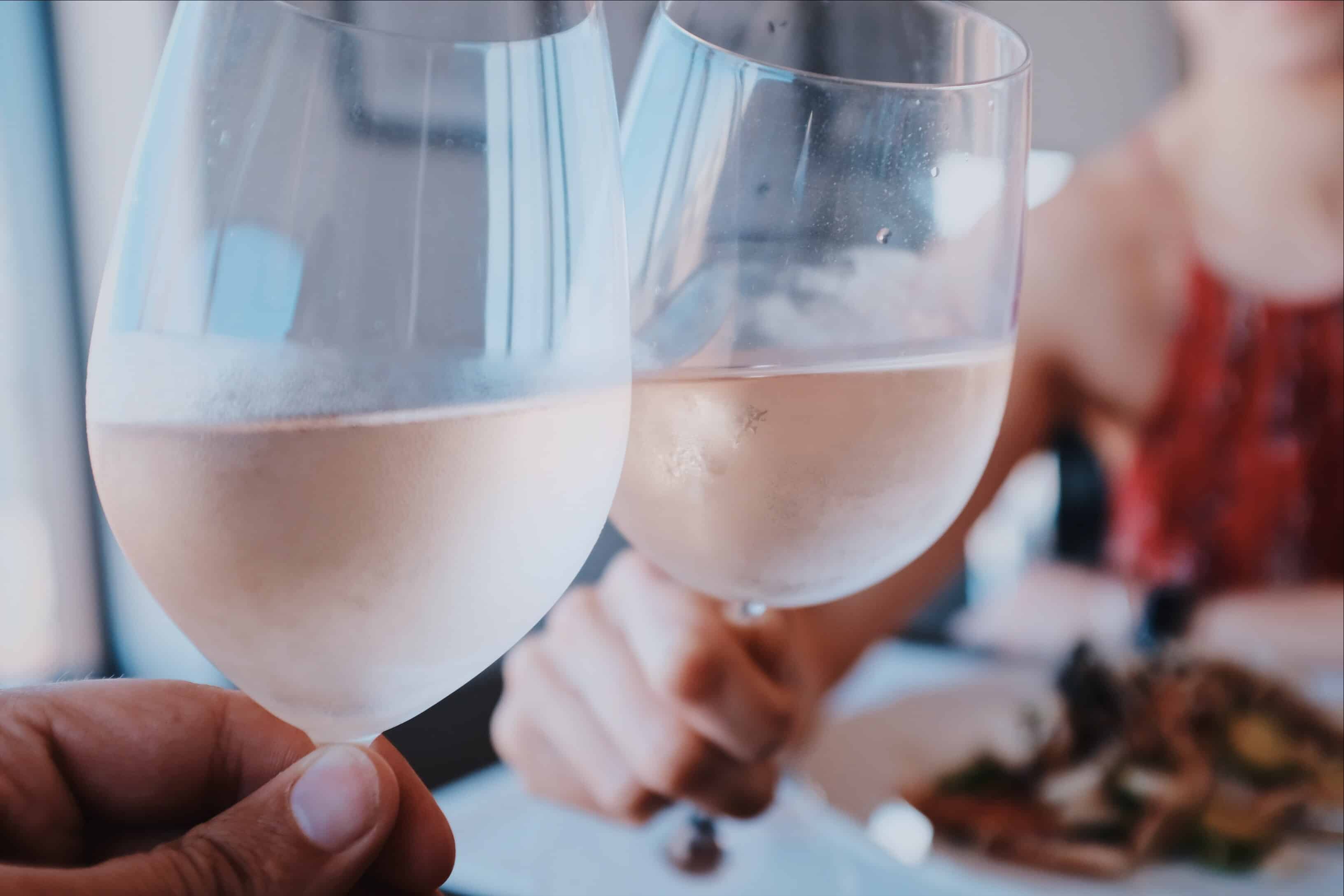Wineries That Welcome Walk Ins - Luxury Wine Tasting In Sonoma County
Exclusive Wine Clubs In Sonoma - Exploring Sonoma's Wine Landscape
Wine tasting is commonly regarded as an art form, one that goes beyond merely having fun with a beverage. It embraces a complex interplay of flavors, aromas, and textures that requires dedicated practice to actually master. Many who venture into the world of wine tasting shortly notice that it entails much more than just sipping wine. Improving sensory skills through devoted winery wine tasting can elevate the experience, transforming an off-the-cuff drinking occasion into a classy exploration of the senses.
At a basic degree, wine tasting engages the senses of sight, smell, taste, touch, and even sound. Each element plays a vital function in appreciating the nuances of a wine. When one first pours a glass of wine, the wealthy hues can provide preliminary insights into its age and varietal. Observing the colour and readability helps kind expectations concerning the wine's flavor profile. Many don’t totally recognize how this visible assessment can set the stage for what is to observe.
The subsequent step is to interact the sense of scent. Swirling the glass aerates the wine, permitting its unstable compounds to escape and fill the air with its bouquet. The nostril entails some fascinating layers—different aromas can sign varied features of the winemaking course of, together with the type of grapes used, fermentation methods, and aging situations. Developing a keen sense of odor is often a game-changer in wine tasting.
Wineries In Sebastopol - Finding Good Wineries For Wine Tasting
To improve this sensory skill, wine enthusiasts are sometimes encouraged to take part in devoted tastings at wineries. These tastings allow individuals to focus solely on the sensory experience (Wineries With A Focus On Syrah). Tasting classes led by educated sommeliers or winemakers can provide insights into identifying distinct aromas. Studying to differentiate between floral, fruity, earthy, and spicy notes can empower a taster to articulate their experience with larger precision.
As one practices their sensory abilities, they may uncover that their style preferences evolve. This transformation typically happens after a quantity of tastings. A wine that initially seemed overwhelming might reveal hidden layers of complexity with a bit of experience. Understanding the means to isolate particular person flavors similar to acidity, sweetness, bitterness, and umami contributes considerably to the overall wine experience.
Another essential component in improving sensory skills is the context by which wine is tasted. Environmental elements like temperature, lighting, and even the corporate current can influence perceptions. At a winery, an optimal setting can cut back distractions and enable a extra profound exploration of the wine (Wineries Featuring Seasonal Wine Events In Sonoma). Working Towards aware tasting techniques encourages a extra immersive experience, permitting tasters to hone in on their senses.
It is not solely about particular person notion, although. Partaking with others during a tasting can also improve sensory skills. Sharing notes and discussing impressions fosters a deeper understanding of the wine. This collaborative approach encourages participants to articulate their sensory experiences, thereby broadening their linguistic repertoire associated to wine tasting.
Wineries Known For Their Hospitality - Sonoma Vineyards For A Perfect Day Out
Additionally, pairing wine with food can considerably enhance the tasting experience. Different mixtures can deliver out distinctive flavors in both the wine and the dish. As one tastes a wine alongside specific foods, they'll begin to recognize how sure parts in the wine complement or distinction with what they are eating. This skill of pairing is another layer that enriches sensory improvement.
Coaching one’s palate can involve quite a lot of workout routines. Some enthusiasts engage in systematic tasting experiences, sampling a spread of wines that showcase totally different varietals, regions, or vintages. Exploring this diversity can sharpen the flexibility to discern nuances across different wine profiles. Over time, this practice builds a psychological library of flavors that can be accessed throughout future tastings.
Notably, written notes serve a dual function: organizing one’s thoughts and reinforcing reminiscence. By writing down observations about every wine, tasters can track their progress over time. Detailing the traits of wines assists in solidifying knowledge, finally deepening one’s appreciation of what they consume.
Moreover, attending workshops or classes focused on sensory evaluation can also be beneficial. Many wineries supply these educational applications to assist people refine their skills. Typically, trained instructors guide members through structured tastings, specializing in specific parts of the wine. This level of schooling reinforces the sensory skills asynchronously and challenges tasters to contemplate their experiences from totally different angles.
Artisan Wineries In Russian River Valley - Discover Sebastopol's Wine Scene
Over time, the dedication to bettering sensory skills by way of devoted winery wine tasting can yield important rewards. The enjoyment derived from wine turns into layered and multifaceted. No longer restricted to a easy choice for "pink" or "white," tasters start to appreciate the tales behind every pour. They domesticate a palette capable of navigating the complicated landscape of flavors with confidence.
In conclusion, the journey of enhancing sensory skills through dedicated winery wine tasting is as rewarding as it is enjoyable. It requires focus, commitment, and a willingness to be taught, however the outcomes far exceed the preliminary effort. By participating a quantity of senses and collaborating in considerate discussions, individuals not only become more proficient at figuring out flavors but in addition develop a deeper appreciation for the craftsmanship behind each bottle. click over here now The process transforms wine from a mere beverage right into a wealthy tapestry of sensory exploration that beckons enthusiasts to delve deeper. As skills enhance, so too does the enjoyment, enriching life experiences one sip at a time.
Wineries With Sustainable Practices - Sebastopol Wine Experiences
- Participating the palate by way of diverse wine varieties enhances the ability to differentiate flavors and aromas, refining total sensory perception.
- Participating in guided tastings promotes targeted attention on delicate traits of every wine, nurturing important tasting skills.
- Studying to establish particular grape varieties fosters a deeper understanding of terroir, which aids in recognizing regional flavor profiles.
- Incorporating food pairings throughout tastings can heighten sensory consciousness, as different tastes can influence each other and alter perceptions.
- Training the art of swirling and nosing wines allows people to attach olfactory cues with style, bettering the flexibility to articulate sensory experiences.
- Attending workshops that emphasize blind tastings trains members to rely purely on their senses somewhat than preconceived notions, enhancing objectivity.
- Elevating sensory skills can result in higher wine choice skills, empowering people to make knowledgeable selections primarily based on personal preferences.
- Participating with educated sommeliers presents insights into wine-making processes, which deepens sensory appreciation and enhances vocabulary for describing wines.
- Common participation in tastings encourages reminiscence growth of flavors and aromas, aiding within the formation of a personalised sensory profile over time.
- Sharing tasting experiences with friends fosters dialogue, promoting communal learning that can enhance particular person sensory skills through collaboration.undefinedWhat is the aim of bettering sensory skills by way of wine tasting?

Bettering sensory skills via wine tasting allows people to enhance their capacity to determine and appreciate the assorted aromas, flavors, and textures of wine. This heightened sensory consciousness can lead to a deeper understanding of wine and an total enriched tasting experience.
Family-Oriented Wine Tasting Venues In Sebastopol - Tasting Fine Wines In Sonoma County
How can I develop my sensory skills at a winery?
You can develop your sensory skills at a winery by taking part in guided tasting classes that focus on specific varietals. Engage with knowledgeable employees who can present insights and encourage you to take notes in your impressions, enhancing each your observational and descriptive talents.
What ought to I count on throughout a dedicated wine tasting experience?
Exclusive Wine Clubs In Sonoma - Sonoma's Hidden Winery Gems
During a devoted wine tasting experience, anticipate to pattern a number of wines whereas receiving focused training about each. You'll learn about the winemaking process, tasting techniques, and tips on how to discern totally different sensory characteristics, all in a relaxed surroundings.

Is prior data of wine necessary to profit from a sensory skills workshop?
- Wineries Producing Pinot Noir And Chardonnay
No prior knowledge of wine is important; the workshops are designed for all ranges of experience. Beginners will find priceless information to construct from, whereas seasoned tasters can refine their skills and expand their palate even further.
How do sensory skills impression my overall wine appreciation?
Spectacular Vineyard Views In Sonoma - A Guide To Sonoma Wineries
Enhancing sensory skills significantly enhances your total wine appreciation by allowing you to establish subtleties and complexities in wines. This deeper understanding enriches your tasting experience and helps you make knowledgeable selections primarily based on personal preferences.
Are there specific techniques I should use whereas tasting wine to improve my sensory skills?
Innovative Wine-Making Techniques In Sonoma Valley - Sebastopol's Vibrant Wine Scene
Yes, employing techniques such as the "SWOT" method (Sight, Swirl, Smell, Sip, Savor) can be helpful. Pay consideration to the wine's look, aromatics, and mouthfeel, and take your time with every sip to completely explore the flavors and sensations.
What kind of wines are sometimes included in sensory skills tastings?
Typically, sensory skills tastings embody quite a lot of wines that showcase totally different regions, varietals, and styles. This range helps individuals identify distinct traits and enhances their you could try here capability to differentiate between wines.
Can sensory skills workshops be personalized to my tasting interests?
Wineries With Scenic Views - Sonoma Vineyards To Explore
Many wineries supply personalized options for sensory skills workshops, allowing you to give attention to specific types of wines or themes that interest you, such as organic wines or unique regional choices. It Is finest to inquire immediately with the winery for tailored experiences.
Is there a method to practice sensory skills after leaving the winery?
Yes, you'll be able to practice your sensory skills at home by tasting different wines and keeping a tasting journal. Experimenting with varied food pairings and aromatics can additional improve your understanding of how flavors interact, reinforcing the skills gained at the winery.